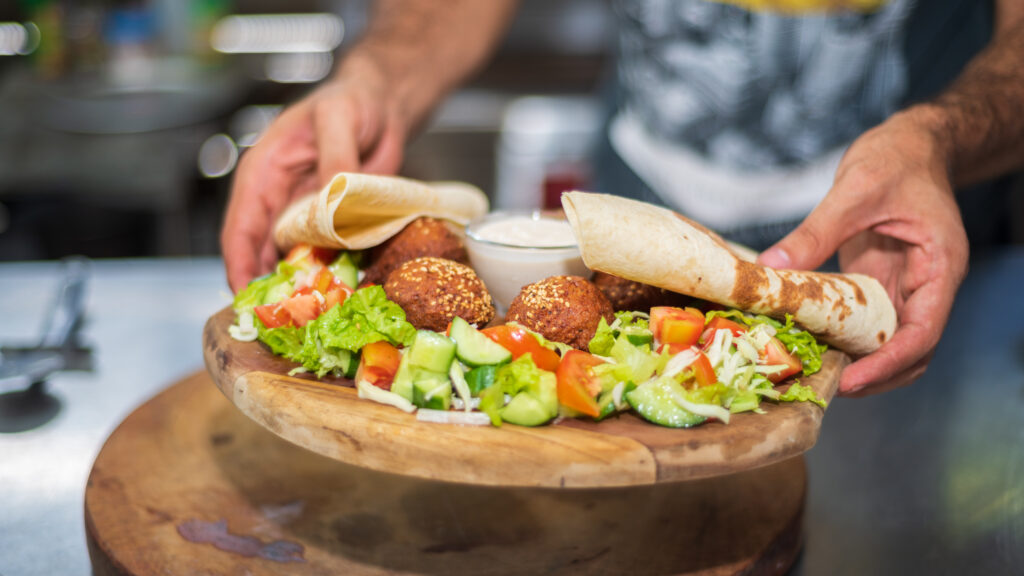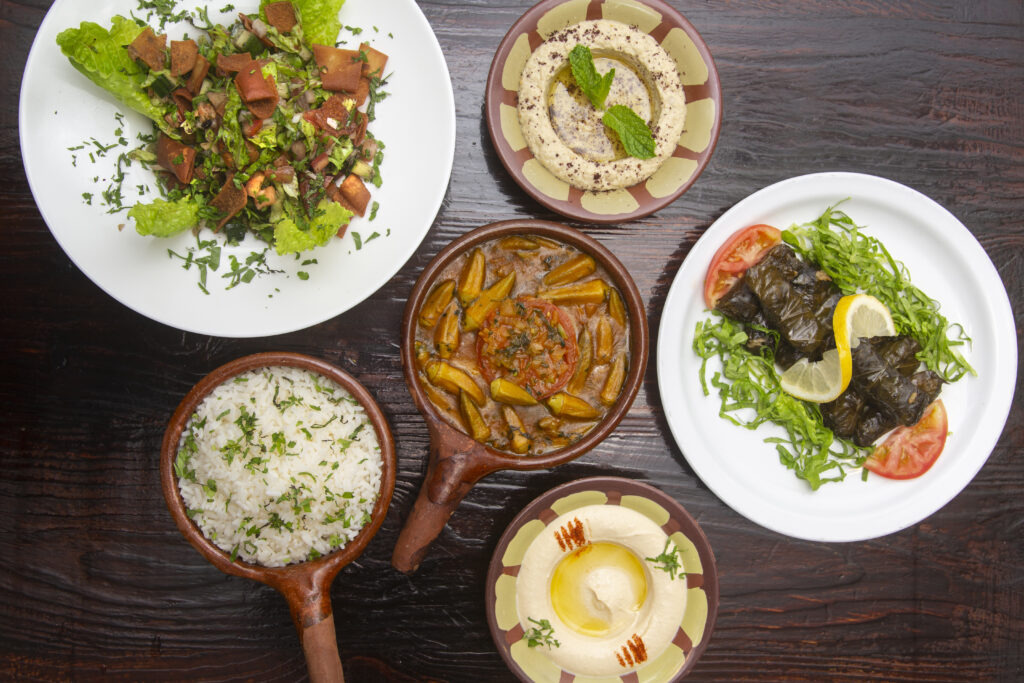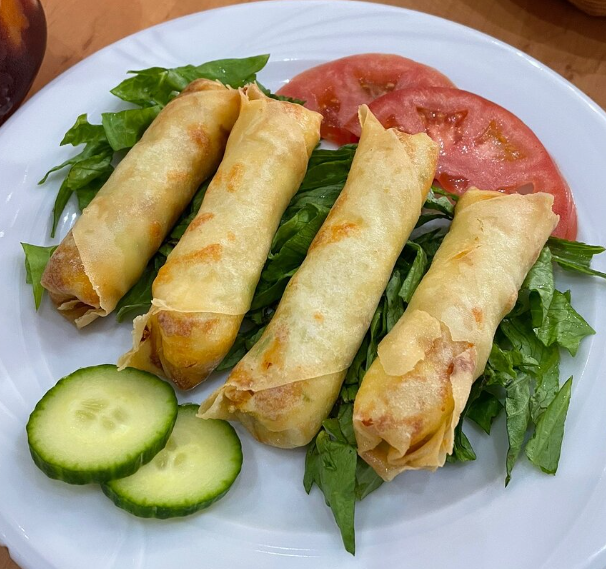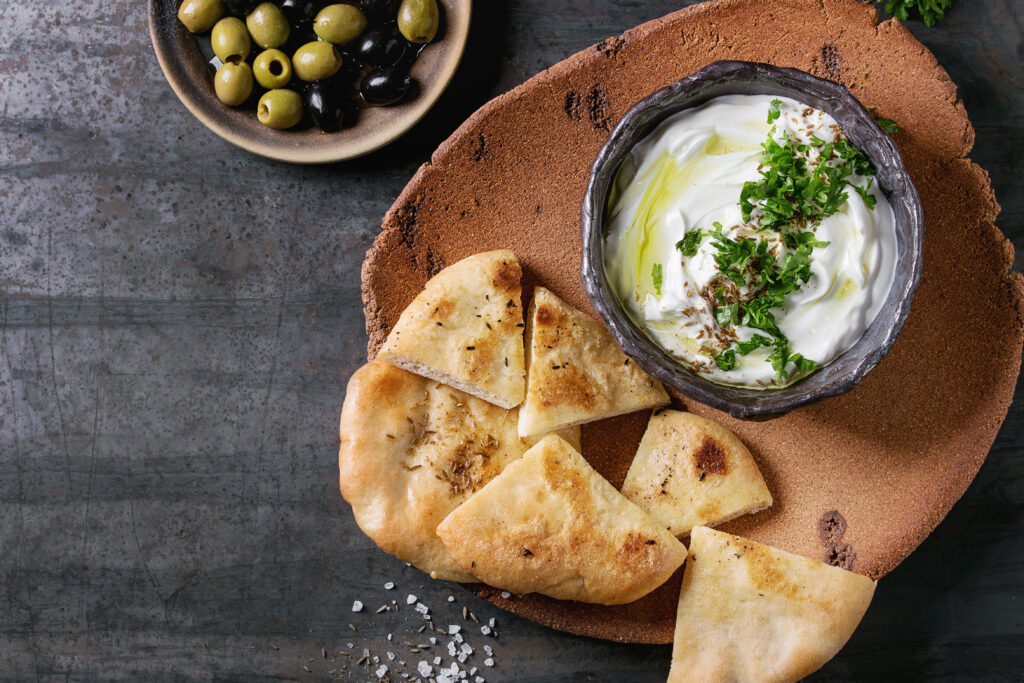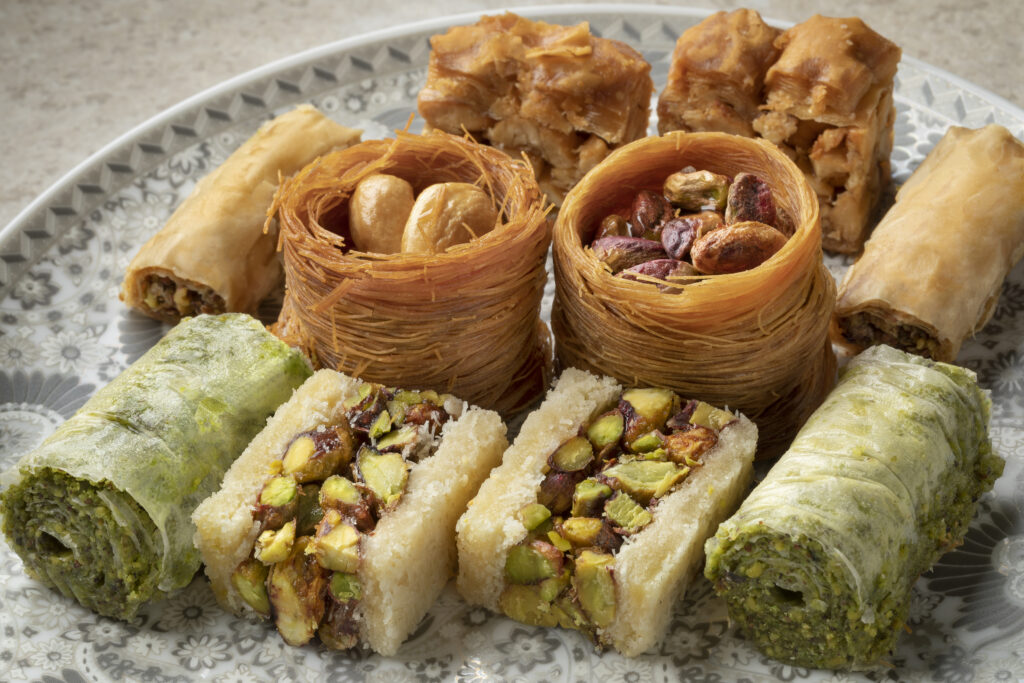Lebanon, a country rich in history and culture, offers a fascinating mosaic of traditions and gastronomy that is a delight for the senses. Although small in size, this Middle Eastern country is big on personality and has a lot to offer. From its social customs to its exquisite food, Lebanon is a place of constant discovery. Here, we’ll explore 10 curiosities of Lebanese culture and gastronomy that you may not have known about.
1. Hospitality is Sacred
In Lebanon, hospitality is more than a courtesy; it’s a lifestyle. Welcoming guests with open arms is central to Lebanese culture. It’s not uncommon for Lebanese to invite complete strangers into their homes to share a meal or coffee, living up to their reputation as one of the most hospitable peoples in the world.
2. The Mezze: A Gastronomic Ritual
Mezze, a selection of small dishes served as starters, is central to Lebanese cuisine. These dishes, which can include hummus, tabbouleh, kibbeh, and more, are not only a taste of the country’s culinary variety, but also a way to share and socialize.
3. El Zaffe: A Traditional Wedding Dance
The Zaffe is a traditional Lebanese wedding dance that includes music, singing, and dancing. This vibrant and energetic celebration is a way to welcome newlyweds and start the wedding party with joy and enthusiasm.
4. A Land of Ancient Wines
Lebanon has one of the oldest wine industries in the world, with a history dating back to the times of the Phoenicians. Lebanese wines, especially those from the Bekaa Valley region, are gaining international recognition for their quality and distinctive taste.
5. A Country of Religious and Cultural Contrasts
Lebanon is notable for its diverse religious and cultural makeup. Muslims and Christians live side by side in this country, which is reflected in its festivities, architecture and traditions. This diversity also influences gastronomy, which encompasses a wide range of influences.
6. The Importance of Coffee
Coffee in Lebanon is more than just a beverage; it’s a cultural ritual. Served strong and in small quantities, Lebanese coffee is often the center of social gatherings and business. It is also used in some areas for divination of the future by reading coffee grounds.
7. The Mediterranean Diet at Its Core
Lebanese cuisine is a perfect example of the Mediterranean diet. With a focus on fresh ingredients, olive oil, grains, and fish, Lebanese food is not only delicious, but also nutritious and healthy.
8. The Art of Storytelling: Hakawati
Hakawati, or the art of storytelling, is an ancient Lebanese tradition. Stories, legends, and fables are passed down from generation to generation, keeping the country’s rich history and traditions alive.
9. Sweets to Close with a Flourish
Lebanese desserts are as varied as they are delicious. Baklava, famous for its layers of phyllo dough and nuts, is just one of the many sweets that reflect the richness of Lebanese pastry. Others include maamoul and knefeh, each with its own unique flavor and texture.
10. The Tarboosh Tradition
Although less common today, the tarboosh, a distinctive red hat, was once an integral part of traditional Lebanese attire. This hat, similar to the Turkish fez, is a symbol of Lebanese heritage and can be seen at celebrations and cultural events.
Lebanon is a land of surprises and wonders, where ancient traditions are intertwined with vibrant modernity. Its rich history, cultural and gastronomic diversity make it a fascinating place to explore. These 10 curiosities of Lebanon offer just a glimpse of what this country has to offer, inviting a deeper exploration of its unique culture and flavors.



